
-
Understanding primary immunodeficiency (PI)

Understanding PI
The more you understand about primary immunodeficiency (PI), the better you can live with the disease or support others in your life with PI. Learn more about PI, including the various diagnoses and treatment options.
-
Living with PI
-
Addressing mental health
-
Explaining your diagnosis
- General care
- Get support
- For parents and guardians
-
Managing workplace issues
- Navigating insurance
-
Traveling safely

Living with PI
Living with primary immunodeficiency (PI) can be challenging, but you’re not alone—many people with PI lead full and active lives. With the right support and resources, you can, too.
-
Addressing mental health
-
Get involved

Get involved
Be a hero for those with PI. Change lives by promoting primary immunodeficiency (PI) awareness and taking action in your community through advocacy, donating, volunteering, or fundraising.
-
Advancing research and clinical care
-
Grants
-
IDF surveys
-
Participating in clinical trials
-
Diagnosing PI
-
Consulting immunologist
-
Clinician education

Advancing research and clinical care
Whether you’re a clinician, researcher, or an individual with primary immunodeficiency (PI), IDF has resources to help you advance the field. Get details on surveys, grants, and clinical trials.
-
Grants
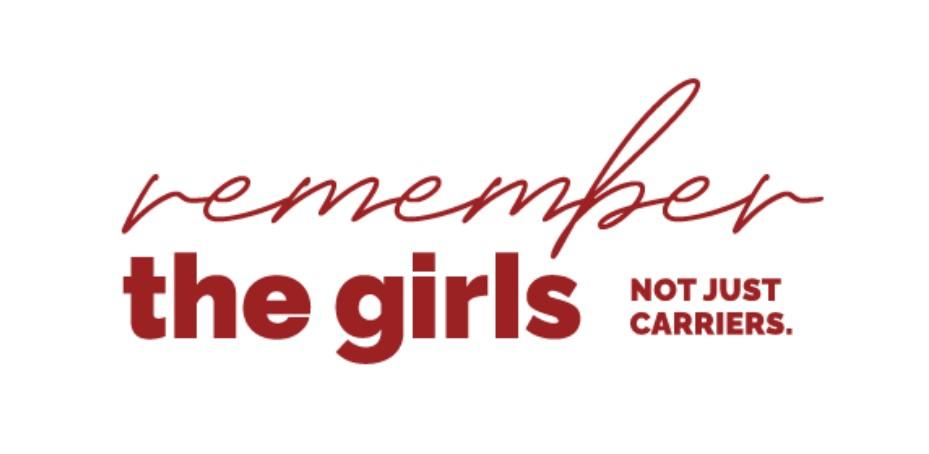
Taylor Kane, 25, is a carrier for adrenoleukodystrophy (ALD) and founder of Remember The Girls, a nonprofit that supports women impacted by X-linked conditions. ALD is a rare genetic condition that damages the membrane that covers nerve cells responsible for brain function, and Taylor’s father, John Kane, passed the condition to her. Diagnosed in 2001, John Kane experienced severe loss of physical and cognitive functioning leading to dementia and the inability to walk, talk, or swallow.
After living in a partial coma for two years, John Kane died in 2003, leaving behind Taylor, 5 at the time; son Matthew, a toddler; and wife Diane.
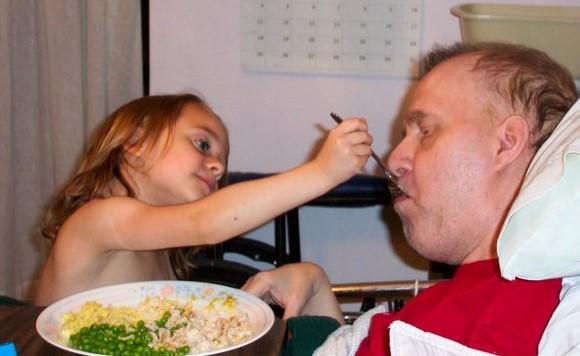
As Kane entered adolescence, she learned from her mother about her carrier status, but the possibility of developing symptoms was never discussed.
“At the time, I thought the only implication would be I’d have to consider ALD if I had kids one day, but as I got older and got into high school, it was starting to become more common knowledge that carriers of ALD did experience symptoms,” said Kane. “Now we know that almost 90% of [ALD] carriers do experience symptoms.”
Women who are carriers of X-linked recessive conditions are often overlooked by the medical community, which focuses on men, who generally have more severe symptoms. Most X-linked conditions are recessive and can be passed by a mother who is a carrier to her son or daughter and are always passed from a father who has the condition to his daughter, who becomes a carrier.
Types of X-linked recessive primary immunodeficiencies (PI) include the most common form of chronic granulomatous disease (CGD), X-linked severe combined immunodeficiency (SCID), Wiskott-Aldrich syndrome (WAS), X-linked agammaglobulinemia (XLA), and X-linked hyper IgM syndrome.
The lack of recognition for the experiences and health of women impacted by X-linked conditions inspired Taylor to establish Remember The Girls. The organization aims to remove the stigma of being a genetic condition carrier by offering a community of personal connections, educational programming and resources, opportunities to participate in research, and information on family planning options. Advocating for greater medical attention on issues faced by carriers, such as symptoms, is also at the forefront.
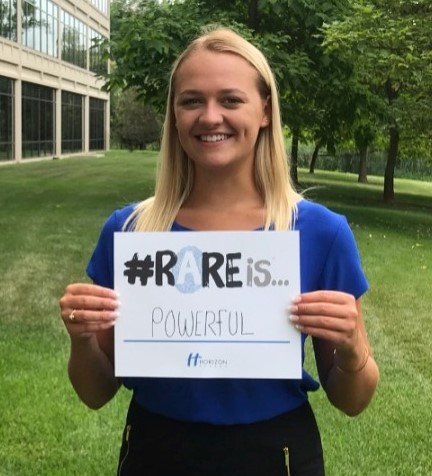
“I founded Remember The Girls in 2017 as a college freshman soon after I learned that there were other X-linked diseases where women were facing the same hardships that we were in the ALD community, whether that be women who had already had children and were facing guilt or blaming themselves or younger women like myself who had not had children yet but know that we can potentially experience symptoms, and also have to plan for the future in terms of family planning,” said Kane.
“I just really felt like there was this gap of support, and it just made total sense in my mind to bring these females from different X-linked disease groups together.”
One of the most important resources is the Remember The Girls family planning toolkit, which explains all ways to build a family and optional testing that provides more information as a woman navigates her pregnancy.
Family planning discussions can sometimes be taboo in groups for X-linked recessive conditions because it’s an emotionally charged issue, explained Kane. That’s not the case for Remember The Girls, which provides a welcoming environment respectful of everyone’s opinions related to the topic of how to grow—or not grow—your family.
“Women join this group knowing that we are here because we are meaning to support each other on the challenges we face as carriers, and there hasn’t been any negativity,” said Kane.
Family planning topics include:
- adoption
- amniocentesis
- chorionic villus sampling
- donated embryo
- donor egg
- in vitro fertilization with preimplantation genetic testing
- non-invasive prenatal screening
- no intervention
- not having (more) children
Through videos, genetic counselors explain each topic in detail, and women who chose each option share their personal stories.
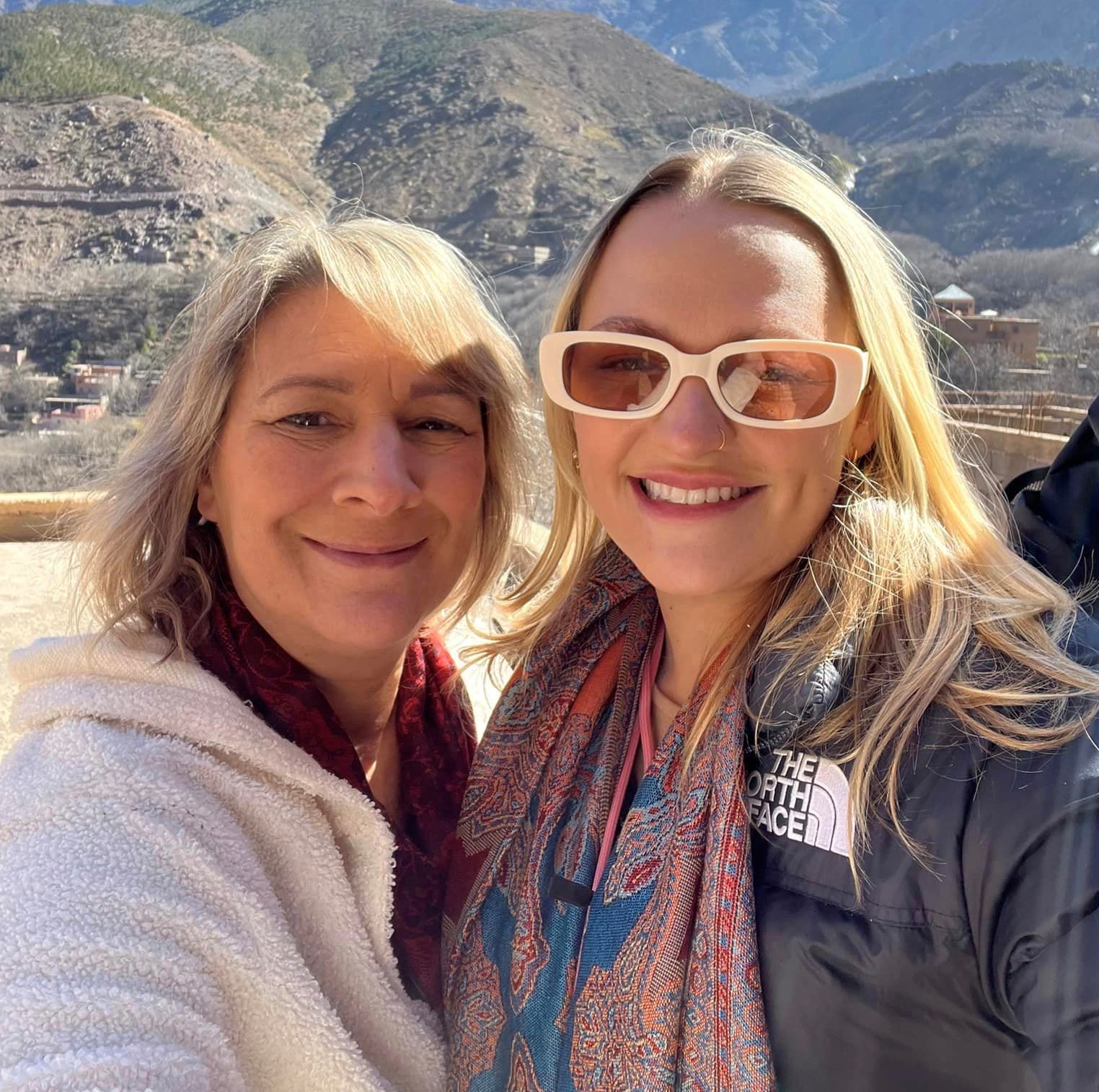
“With family planning, it’s not a one-size-fits-all,” said Kane. “What one woman does, another woman might not want to do or vice versa.”
Another resource is a video explaining how X-linked recessive conditions occur and how X-inactivation affects the severity of symptoms that females may experience from the condition. X-inactivation is a process that happens during development for all genetically female fetuses (who each have two X chromosomes) where one copy of the X chromosome is “inactivated” in every cell. Which X chromosome is inactivated is random, and usually, 50% of cells have a given X chromosome inactivated while the other 50% have the other X chromosome activated. However, sometimes that ratio is skewed. If a person ends up with a greater percentage of cells where the X chromosome that contains the genetic variant is active, they may have more severe symptoms as a carrier.
Other Remember The Girls resources include a webinar library with presentations such as “Guilt, grief, and denial” and “How and when to talk to your daughter about her carrier status,” and a Remember The Girls Facebook group, where participants range in age from 17 to 70-plus.
“We encourage people to be a part of our Facebook group, and we only allow people with two X chromosomes that have an X-linked gene variant and their mothers because we want to keep it a safe space where we can talk about sensitive topics,” said Kane, who added that over 40 X-linked conditions are represented in the group, which has a global membership of over 1,300 members.
Activism from a young age
Remember The Girls is a culmination of Kane’s grassroots efforts to enact change in her community. As a young teen, she helped raise over $200,000 for ALD research, started the Young ALD Carriers support group, and testified before the New Jersey Senate Health Committee to get ALD added to the newborn screening panel in New Jersey, her home state. ALD is now a part of the Recommended Uniform Screening Panel (RUSP), allowing babies the opportunity for early diagnosis and treatment with lifesaving bone marrow transplants.
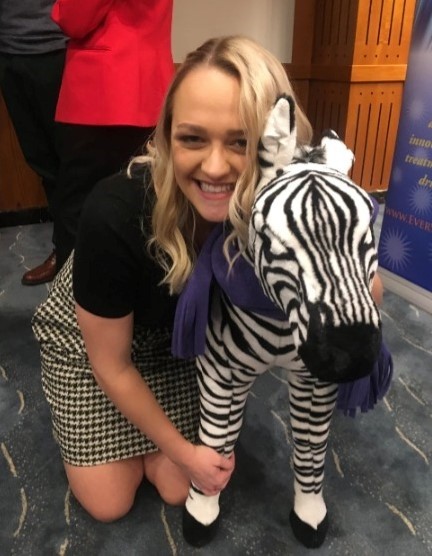
A graduate of George Washington University (GWU) majoring in political communication, Kane, has garnered accolades for her activism, including the Rare Disease Legislative Advocates Rare Voice Award, Global Genes RARE Champion of Hope, and Kennedy Krieger Institute Volunteer of the Year Award.
In addition to running Remember The Girls, Kane is currently a patient engagement consultant advocating for the rare disease community by building trust and communication between patient populations and industry.
While Kane assembled numerous leadership groups to operate Remember The Girls—including a medical advisory board containing specialists with expertise in X-linked conditions and a board of directors comprised mostly of women affected by X-linked conditions—her goal is to grow the organization from volunteer-led to paid staff.
“Remember The Girls has made such great progress in bringing together a community of females impacted by X-linked conditions around the world. We are the first ever organization to do this, which I think is an accomplishment in and of itself,” said Kane.
“What motivates me to continue my work with the organization is that we've still only scratched the surface in terms of fulfilling our vision—a world where females impacted by X-linked conditions have access to support, resources, and the care they need to manage their physical and mental health and build their families.”
Topics
Related resources

Thirty-year-old with APS type 1 advocates for her community
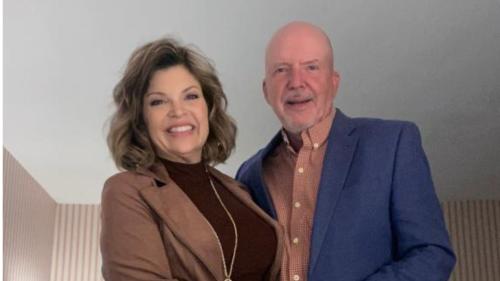
Susan finds "priceless" support system in the Immune Deficiency Foundation
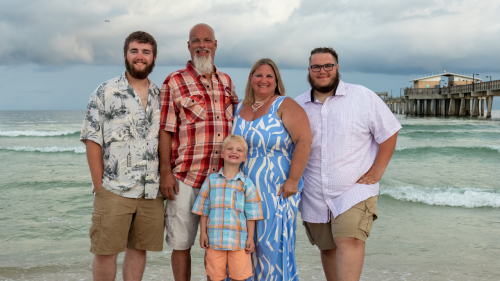
Mother details harrowing journey to son's diagnosis and relief of finding the PI community
Sign up for updates from IDF
Receive news and helpful resources to your cell phone or inbox. You can change or cancel your subscription at any time.





The Immune Deficiency Foundation improves the diagnosis, treatment, and quality of life for every person affected by primary immunodeficiency.
We foster a community that is connected, engaged, and empowered through advocacy, education, and research.
Combined Charity Campaign | CFC# 66309

